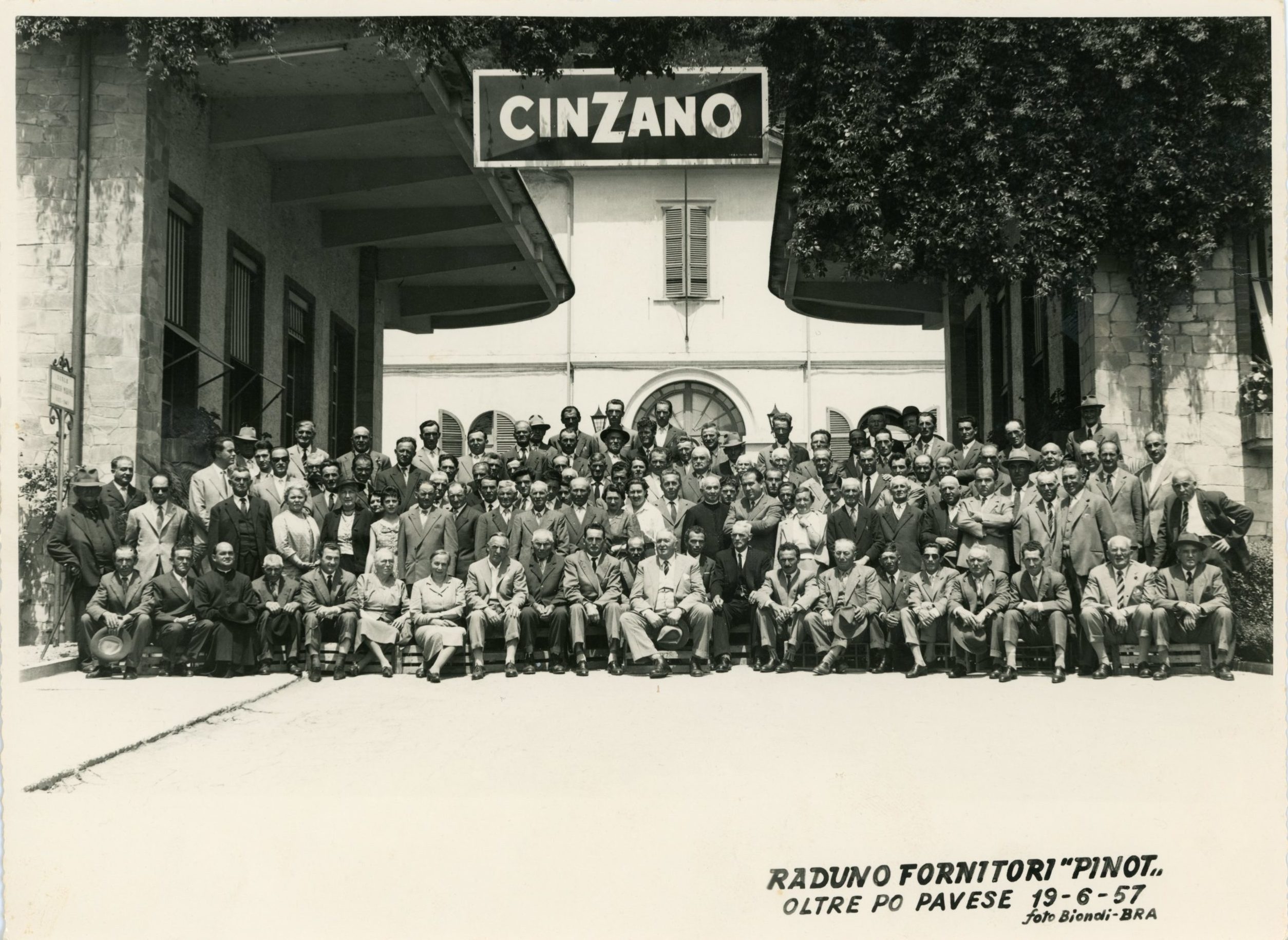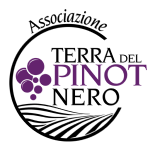History of Pinot noir in Oltrepò Pavese
Before the 19th century, only occasional and vague records are available on viticulture and cultivated vines in Oltrepò Pavese - this trend applies to Italy in general.
In 1875, Pinot noir is said to be present in the Oltrepò Pavese area for many years and shortly thereafter (in 1884) its diffusion on local scale was inventoried (Ministery wine-growing by A. Giuglietti).
Sparkling wine production dates back to the 19th century. The first oenological prizes were awarded to the sparkling wines produced by Ottaviano Giorgi from Vistarino for “his Italian vino spumante”, at the international exhibitions in London and Paris, respectively in 1875 and in 1902.
Several documents on rural life and historic records are available.
The Pinot noir grape variety is favoured by most Oltrepò Pavese wine cooperatives from 1920 onwards. Between 1902 and 1908, the Vistarino winery in Rocca de’ Giorgi selected Pinot noir from the various grape varieties as the most suitable for sparkling wine production and started to grow it in this area.

Important sparkling wine producers in Oltrepò Pavese, such as the "La Versa" wine cooperative, the "Classese" group and some of the major producers of the Italian Traditional Method sparkling wine of the last century (Cinzano, Gancia, Riccadonna, Martini, and Rossi) and of the current one (Berlucchi), also used Oltrepò Pavese Pinot noir grapes for their own most renowned traditional method sparkling wine.
When Italian wines started to be classified and regulated at national level with DOC labels (Controlled Designation of Origin - a quality standard), in 1970 Oltrepò Pavese Traditional Method sparkling wine (Oltrepò Pavese Spumante Metodo Classico) gained the recognition of DOC Oltrepò Pavese. In 1977, the Pinot noir grape variety was registered to be present on 2239 acres of the vineyards in the territory.
